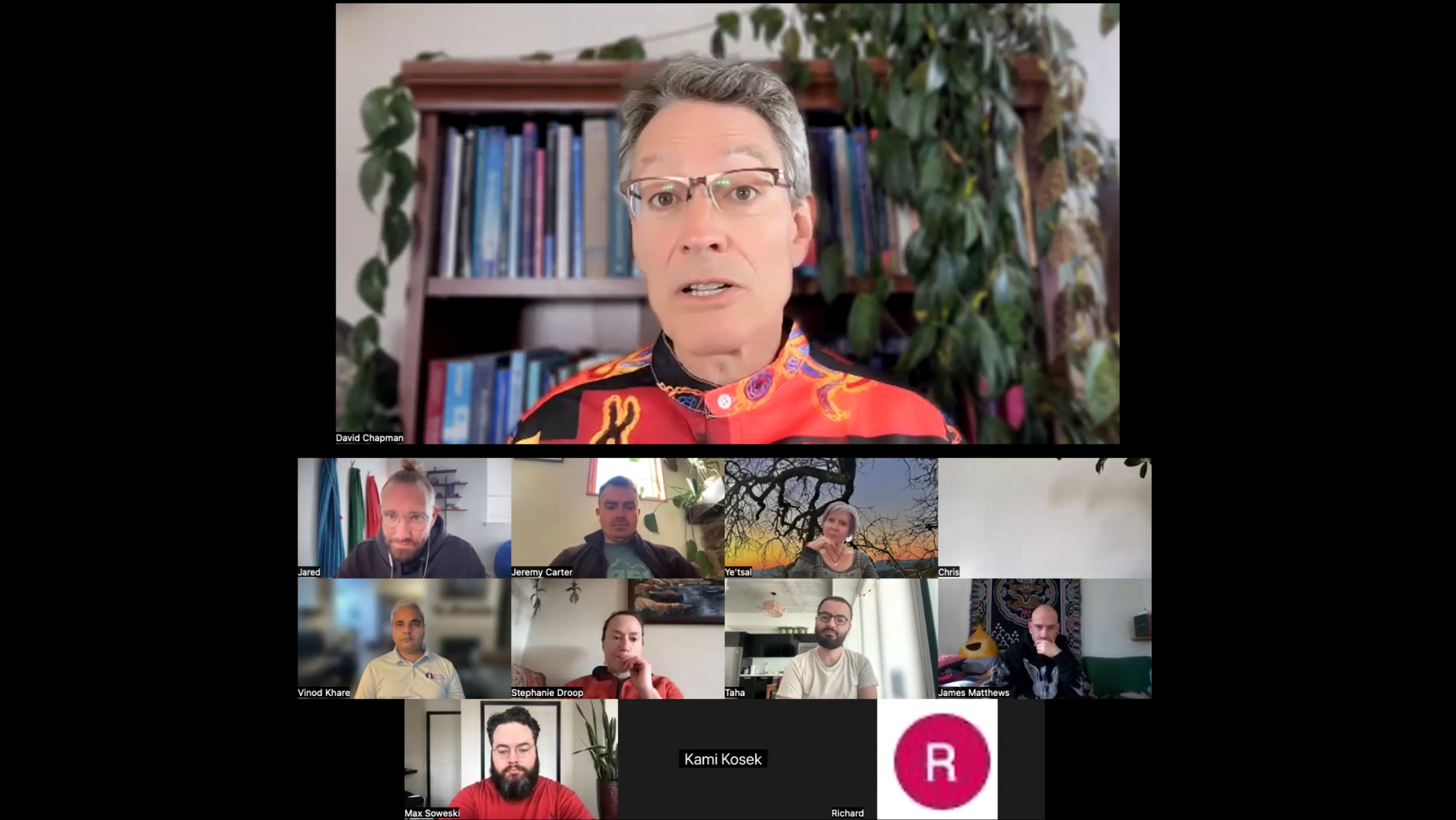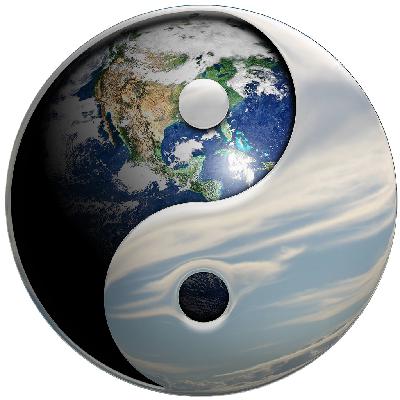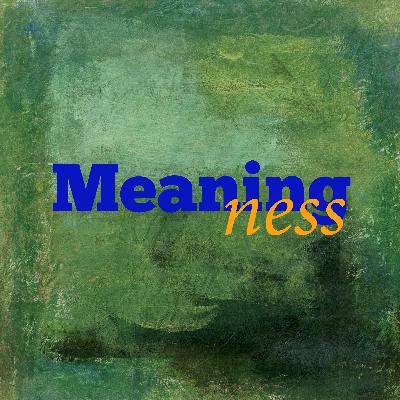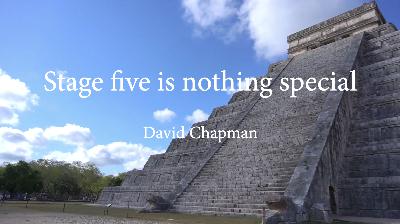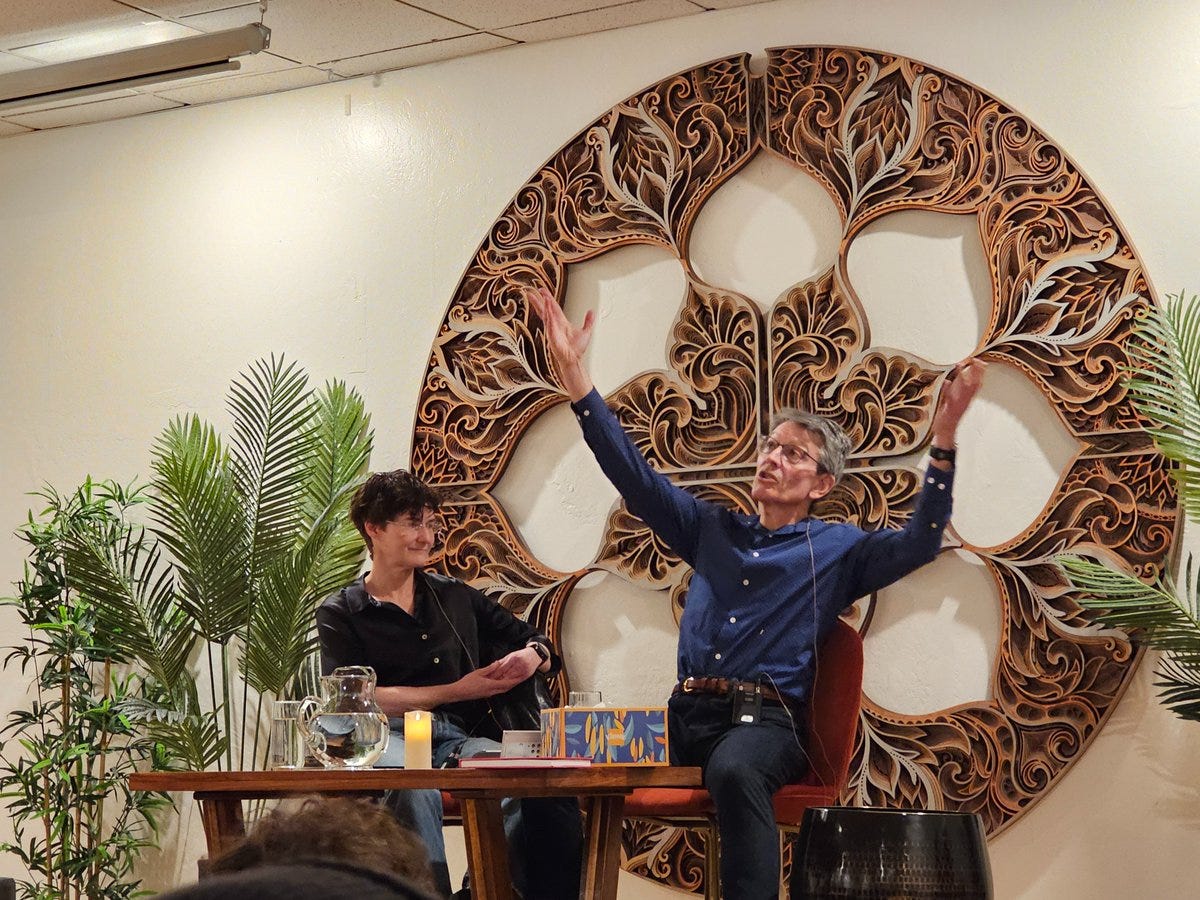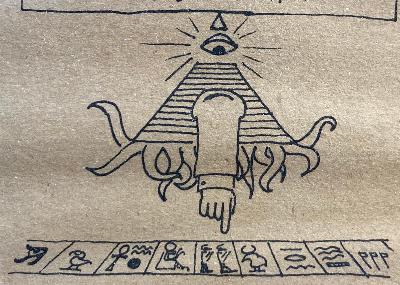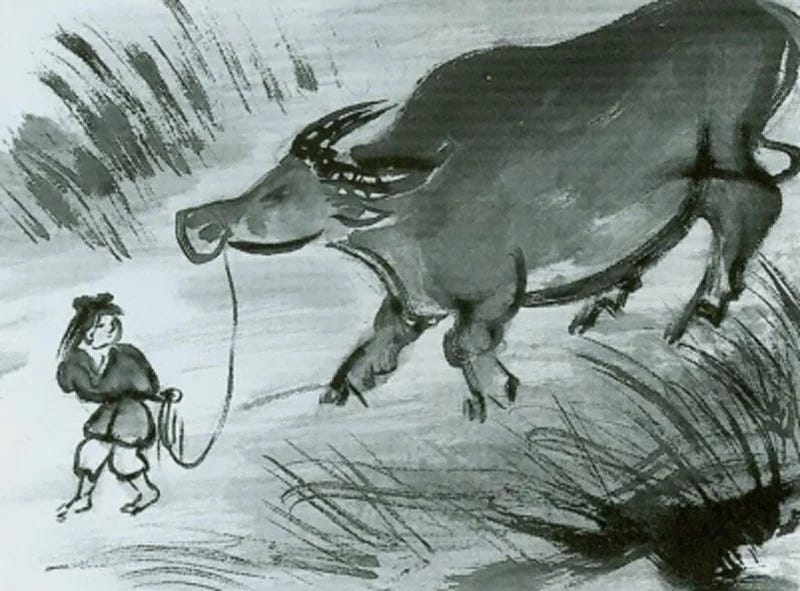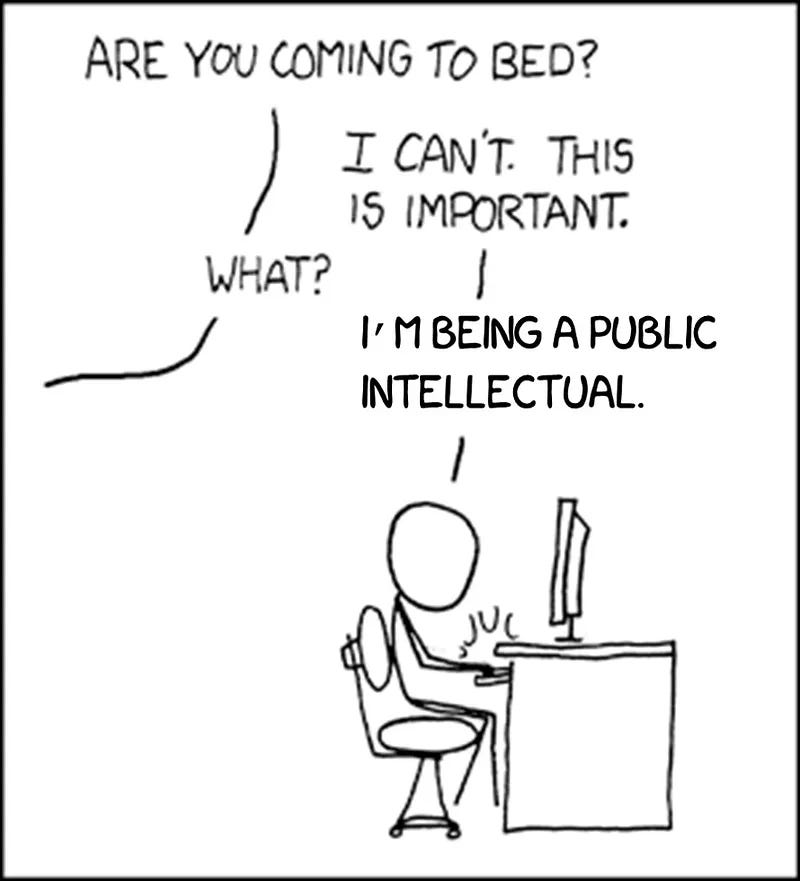Ultraspeaking and Vajrayana are like peanut butter and jelly because...?
Description
Ultraspeaking trains you in confident, effective speaking; and is also a path for spontaneous personal transformation.
Vajrayana trains you in confident, effective action; and is also a path for spontaneous personal transformation.
We find them startlingly similar, although one offers courses in a consequential everyday competence, and the other is an ancient Indian religion.
This thirty-nine-minute video records a spontaneous, mostly-unplanned conversation between Charlie Awbery and David Chapman.
Charlie is an Ultraspeaking coach, currently leading the Fundamentals Level Two course; and co-founder of the Evolving Ground Vajrayana meditation community. David writes about Vajrayana at Vividness, and has written previously about his brief Ultraspeaking experience. We are married, and co-teach Vajrayana sometimes.
Ultraspeaking’s Fundamentals course trains you to let go of trying to sound polished or professional while speaking, in order to communicate confidently and naturally, which connects you with your audience emotionally. That means being fine with “um”s and silences and restarts and garbled syntax. Your audience doesn’t care about that—they care about you!
Accordingly, when David edited the video, he left all that in—where he’s usually edited his videos to “sound more professional” with constant cutting.
Effective conversation, and also effective professional presentations, depend almost as much on eye contact and body language as on what is said. Although this recording is available as an audio podcast, you will find it more engaging, and it will make better sense, if you watch the video, at meaningness.substack.com/ultraspeaking-and-vajrayana.
Transcript
Charlie: So you were shy about recording a game, and you said you didn’t want to record a game.
David: Yeah, I’m feeling better today than I was. Uh, we could try it and, uh, see what happens.
Charlie: I’ll go into coach mode and, uh, share my screen with you and… What’s your favorite game?
David: So I haven’t done any of these in six months, so I don’t remember what any of them are. I think the one that is, uh, a whole series of three second prompts was, was fun.
Charlie: Autocomplete, rapid.
David: Yeah.
Charlie: I’ll put it on fairly slow too. Let’s give you 15 rounds so you can get into it. All right.
David: I said, “I don’t want to do this!”
Charlie: Yes, you did.
David: Okay, coach!
Charlie: That’s, that’s contrary. That is totally contrary to the spirit of Ultraspeaking.
David: Right.
Charlie: You can spontaneously leap into it. It doesn’t matter if you make a mistake. The whole point is that you should make a mistake. Otherwise you’re not at your edge, right? You’re not pushing yourself beyond your usual capacity.
But anyway, this is a warmup. So off you go.
David: Ready, set, go!
Rolling windows down is like cash because you have to peel them off.
Paper is like a dentist because you can clean your teeth.
DNA is like artificial sugars because it’s sweet.
Blue cheese is like sweating because it’s salty.
Meeting your soulmate is like building a bridge because it’s a connection.
Staying up late is like plumbers because, I don’t know!
Time travel is like alcohol because it’s disorienting.
A judge is like…
A puzzle is like babies because they’re annoying.
Toothpaste is like breathing because you put them in your mouth.
An engine is like beards because it’s um.
Breaking your phone is like fear because it’s horrible.
Shame is like reptiles because they’re scary.
Underwear is like tipping because they’re annoying.
Anxiety is like friendship— bleagh!
Charlie: You haven’t done it for six months. Not bad. You didn’t end strong. You did, you did a bleagh at the end. So, do you remember one of the tenets is “end strong”? So it doesn’t matter what you say, you end with a good, strong line.
And “staying in character” is you, um, you stay in the mode, you don’t break out of what you are saying or, or delivering. So you would not let your inner critic come in. So you don’t comment on yourself like, uh, that was bad, I’m doing terribly or, uh, got it wrong again. Or, you know, you never step out of that, uh, that mode of just going with the flow, whatever’s going on inside.
How was it? It looked fun.
David: Yeah. I mean, it is inherently fun.
Charlie: Yeah.
David: Because I haven’t done this in six months and, you know, I only did this introductory taster course and have been meaning to go back to Ultraspeaking ever since, but I have not had the time to do that. Uh, I, I was planning to do a bunch of the games to prepare for our recording today, and I got violently sick two days ago and have recovered this morning.
Charlie: I’m glad you’re feeling better. And you know, it may be, uh, it may be better that you’re unprepared. From the Ultraspeaking perspective, a lot of it is about being willing to step into the unknown, and sometimes preparation goes against that. But you can over-prepare for things or, uh, try to follow a set of bullet points or something like that, and then find that you’re actually not, uh, not alive in the speaking in some way.
David: Yes, that was my experience when I did a lot of public speaking, for work and for school, that it’s definitely possible to over-prepare, and sticking closely to a script is a real mistake. Uh, on the other hand, when you want to deliver a bunch of specific content, then having the right degree of familiarity with that is helpful.
Charlie: If you’re familiar with your content, then you have this bow and arrow technique that Ultraspeaking teaches in, I can’t remember where, it’s probably the Professional level course that we teach this. It’s that you set yourself a direction and you can meander all over the place so long as you’re heading in roughly that direction.
You can tell stories, you can go off on a tangent, you can, go with, uh, something that you hadn’t thought, and you can connect with your audience at the same time as still heading in that direction.
So the arrow is the way that you’re heading. It’s your main point, your one key point or whatever it is. And then your bow is the heading off in that direction, doing all of the embellishments or finding different things to include.
David: I thought we might start by talking about how we found Ultraspeaking and first did it and what happened.
Charlie: That’s a good idea. Yeah.
David: It’s a bit difficult to remember because this was three years ago, something like that.
Charlie: 2022 was when I did my first course in February, 2022.
David: There was, uh, leading up to that, there were several months when various friends of ours were really excited about it and had done it and, um, we both found it intriguing and I wanted to do it or at least was considering doing it, and I didn’t have time, and you went ahead and did do it. And it was amazing for you, I gather.
Charlie: Surprisingly, I had not, uh, I had not expected to have the kind of breakthrough and personal, um, I think I would call it personal transformation that happened during that first Fundamentals session. Five weeks, the Fundamentals course is five weeks. And then I immediately did the Fundamentals course again because I had such a good time doing it. I loved it.
But it was week two of the Fundamentals that I had what I would call a breakthrough in understanding something experientially in my speaking, and it’s very difficult to put a finger on exactly what that is, what happens.
One of the promises that Ultraspeaking makes is, we will, we will give you a breakthrough. And they keep to that promise and follow up with each individual, and hundreds of people now, hundreds of people I have seen have that experience, and go through that same transformative process as I did.
David: I think that’s remarkable. It’s personal for me in a way. Partly from my own brief experience with Ultraspeaking, but more from just seeing from the outside how dramatically you changed. And you didn’t talk about it at the time, but I could just see that something major had happened that your whole way of being really changed.
I think for me, I sort of saw, I only became aware of it gradually over a period of a small number of weeks, but it was only that. I guess for you, it was just at a very specific time.
Charlie: There was a moment, there was a moment in a cohort, in a single rep that I remember, um, that was


